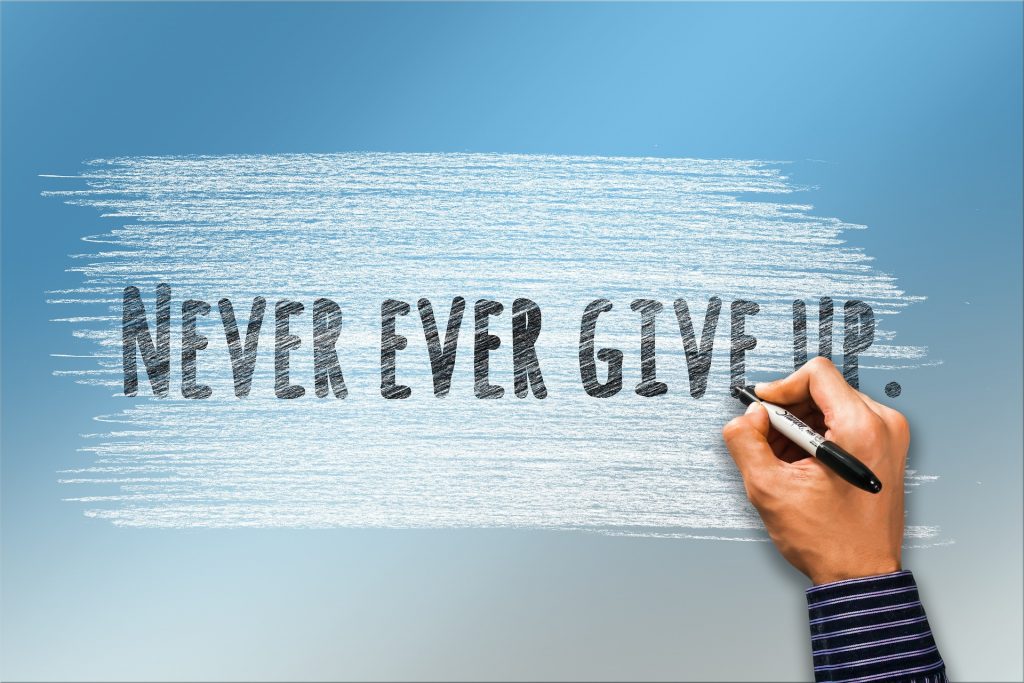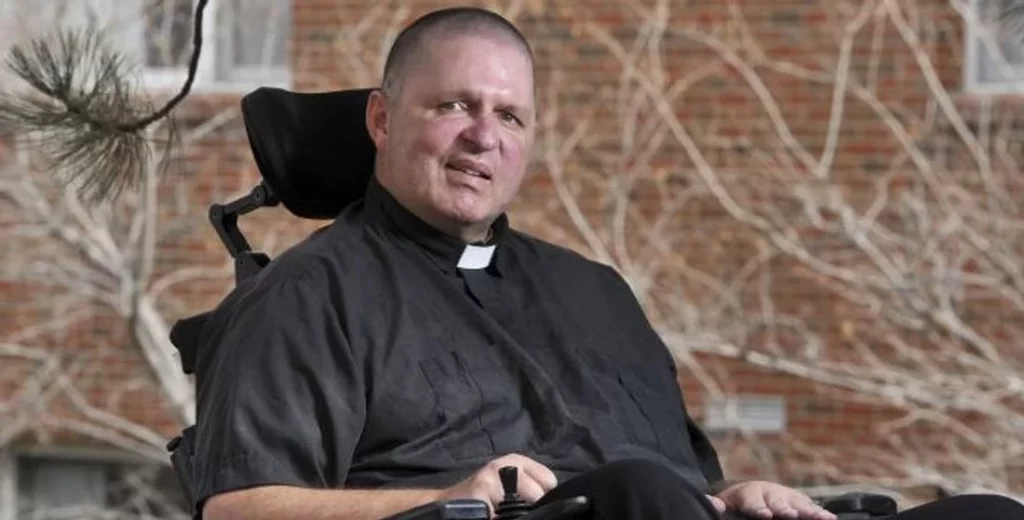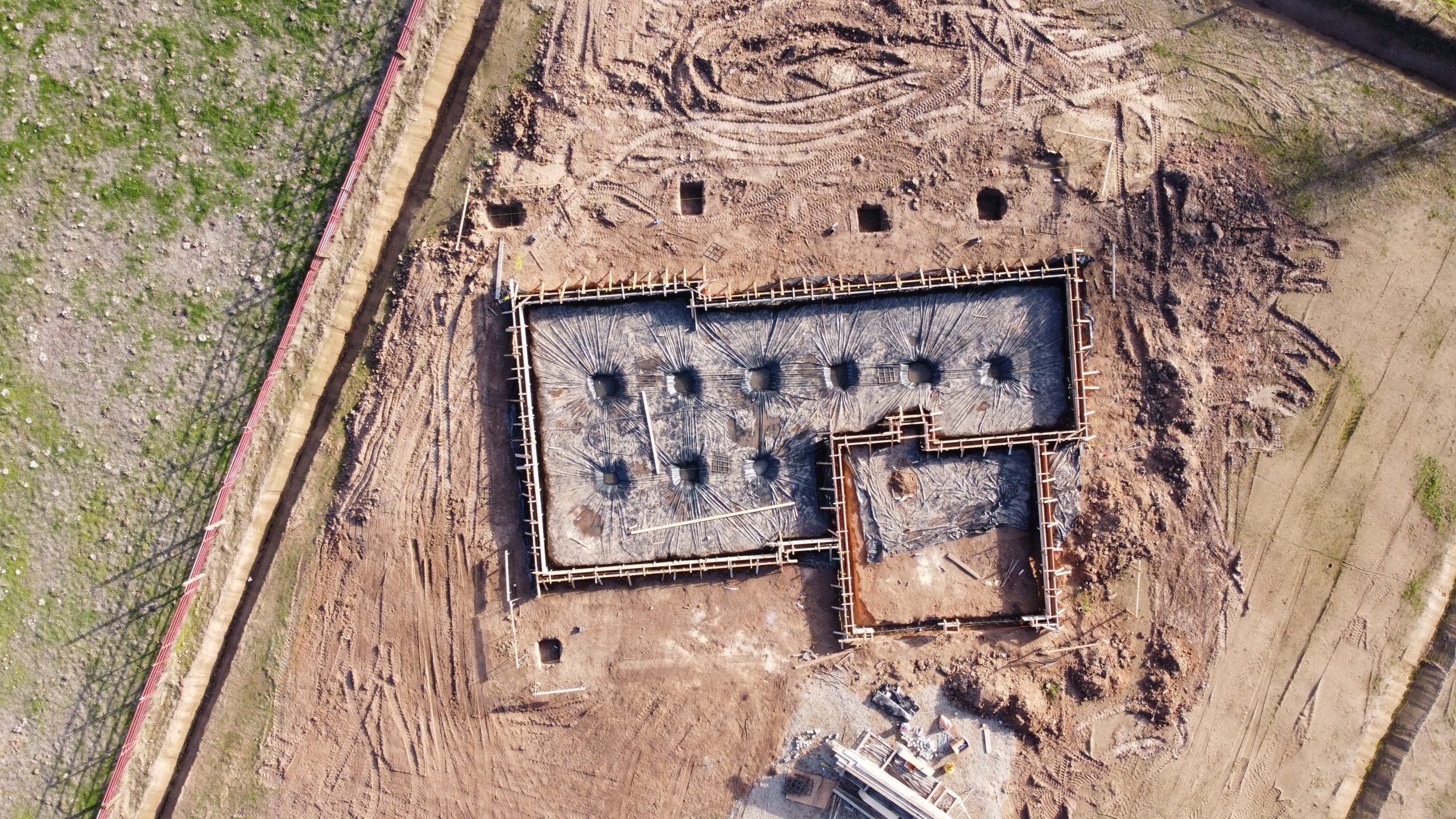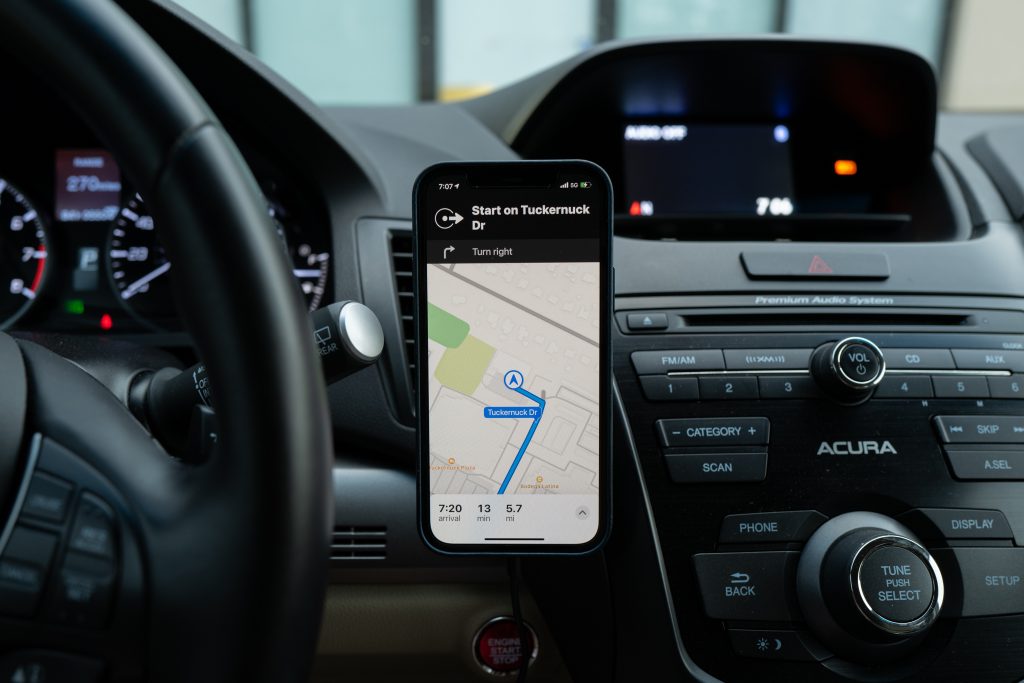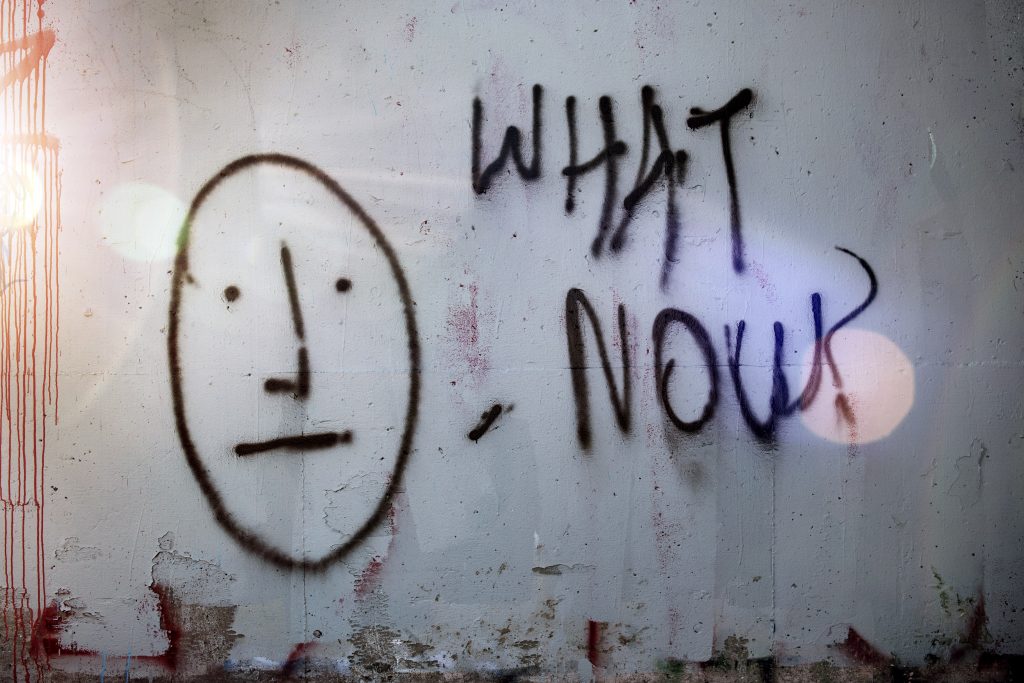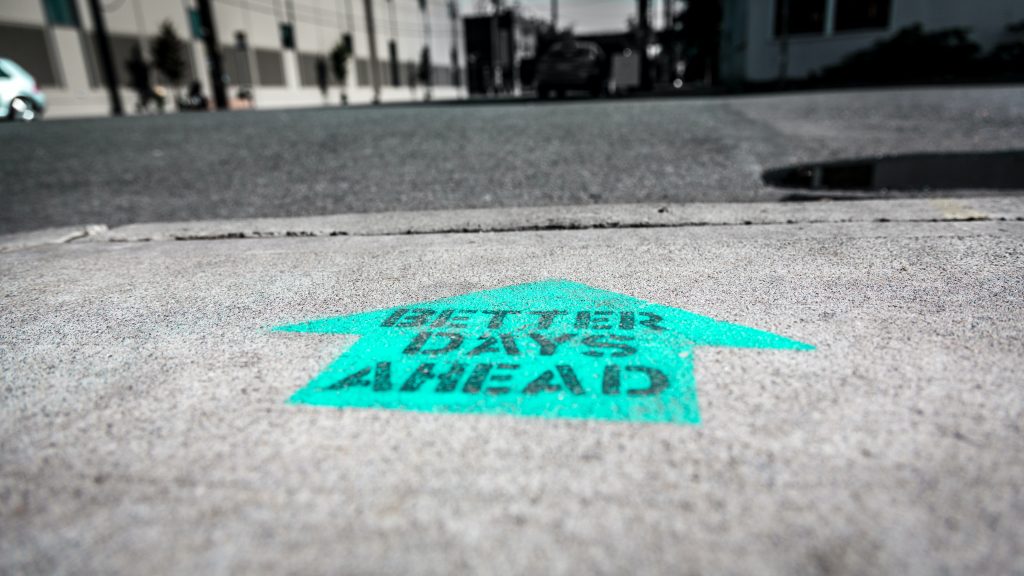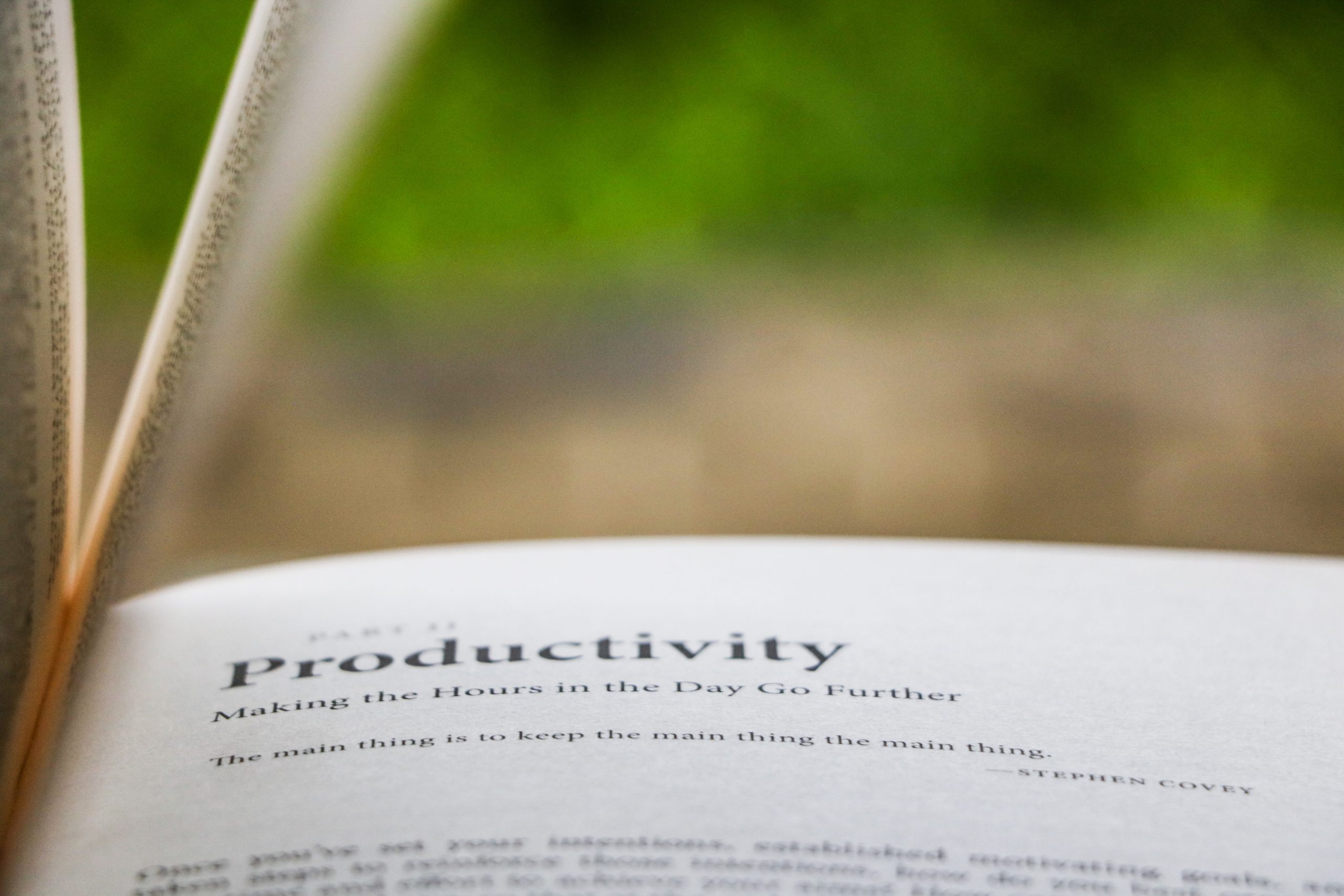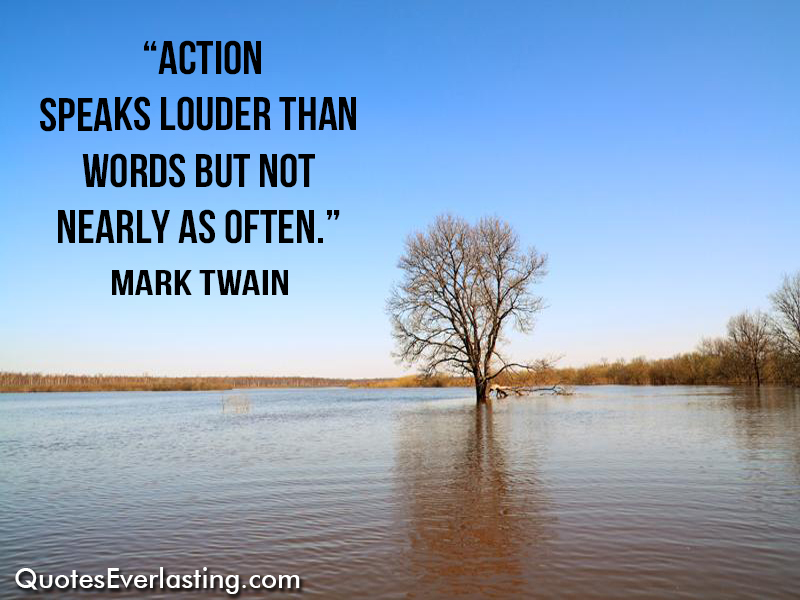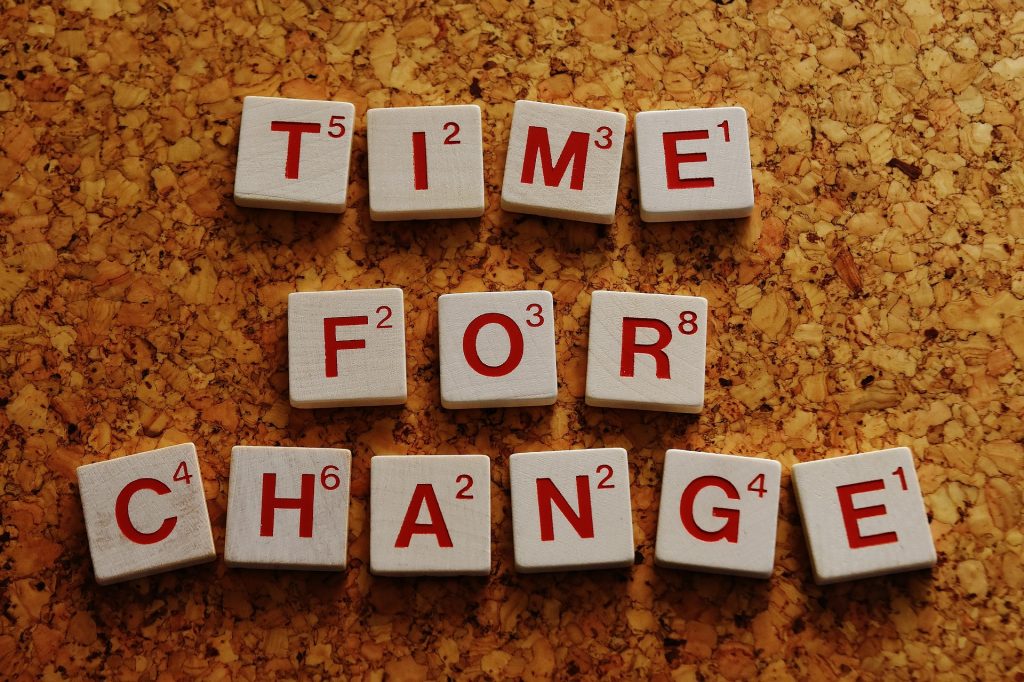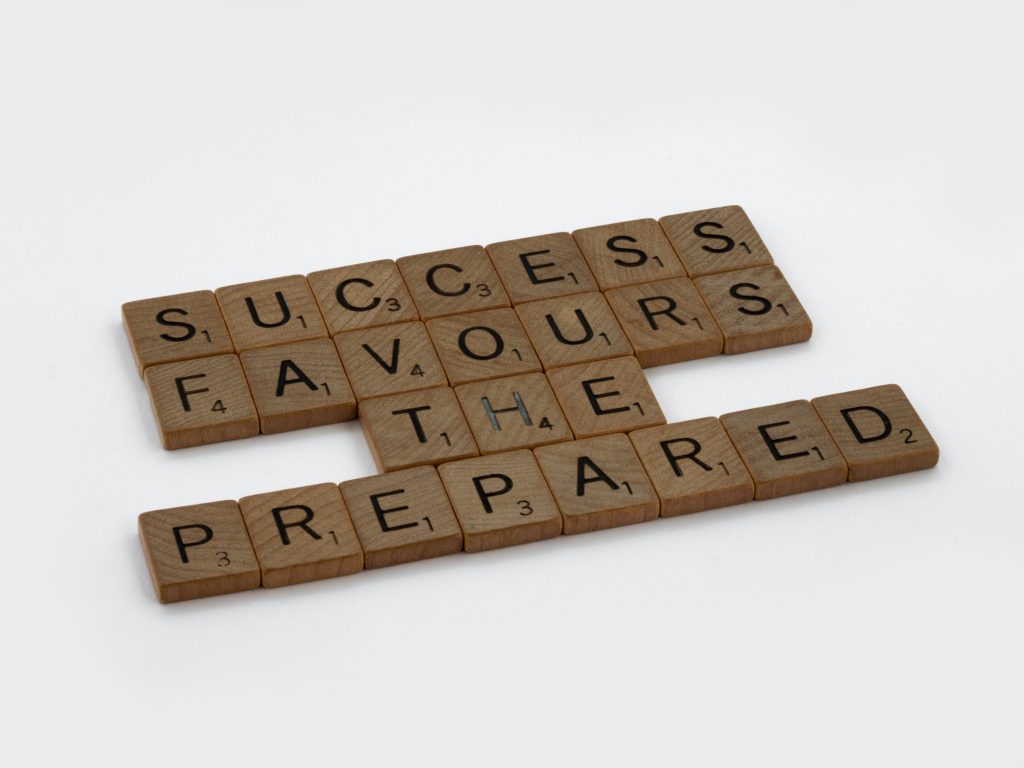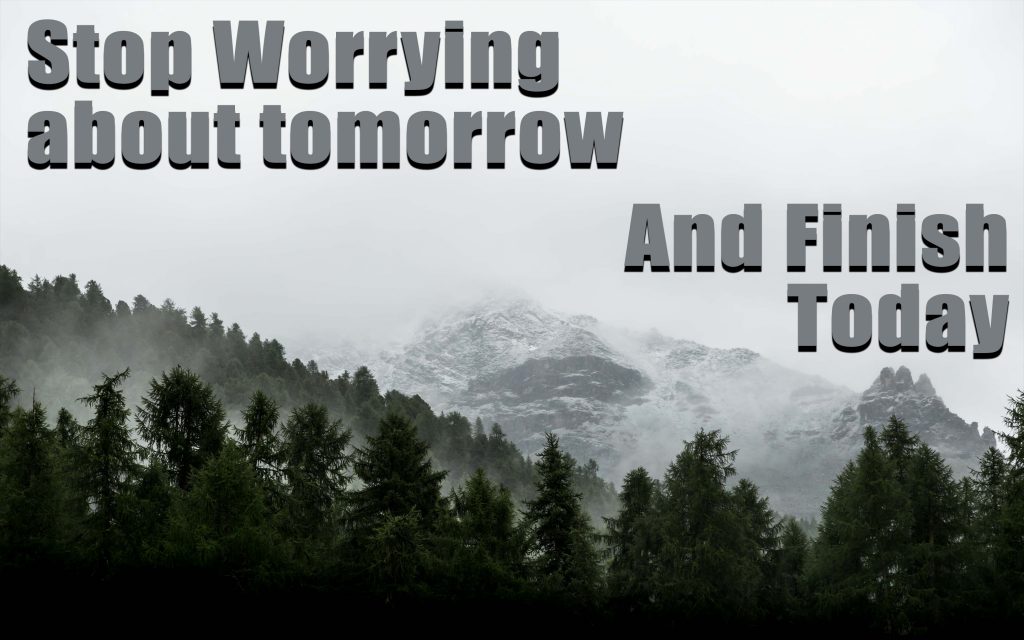However, Proposal Systems are Not What We Normally Think of When We Think About Giving
Giving is an interesting word. For such a small and simple word, I had no idea how complex it was. In the Meriam-Webster dictionary there are sixteen different definitions with several sub-definitions for the word give. This is just as a verb, plus there are additional ones for uses of nouns, etc.
Just like the large number of definitions for the word give, there are a lot of great ways of giving.
One way of giving is the traditional wrapped presents under the Christmas Tree. And who doesn’t look forward to getting together with the people we love and sharing in the excitement of unwrapping that unknown gift?
Another great way of giving is sharing our knowledge and experience.

In my forty years in the construction industry, I learned some things. 😊 After struggling trying to figure out how to do accurate proposals, communicate clearly with customers and prepare a production budget, I knew there had to be a better way.
While a lot of construction companies are great at “constructing”, they often struggle with the business side of things. There’s a lot more to owning and operating a construction company than just building.
Unexpected costs, changes to projects and poor communication plague the construction industry.
It doesn’t have to be this way.
That’s why I developed the Blueprint for Building a Better Proposal system. This proposal system will give you the documents and instructions needed for preparing proposals that communicate clearly and accurately with the customer, while allowing you to be profitable.

This system includes templates for:
Bid sheet – A Word document with all the construction sections and individual items already listed out with space for filling out the scope of the work to be done, dimensions, materials, locations, etc.
Worksheet – An Excel spreadsheet with all the construction sections and individual items already listed out with optional overhead and profit markups already inserted in the appropriate cells.
Estimate – A word document with spaces to fill in the pertinent information, i.e. customer’s information, what will or will not be supplied by the contractor, the scope of work, the estimated price for each specific element and a total estimated price.
Proposal – A word document with spaces to fill in the pertinent information, i.e. customer’s information, what will or will not be supplied by the contractor, the scope of work, the proposed price for each specific element, a total project price, payment arrangements and project duration.
Contract – A word document with spaces to fill in the pertinent information, i.e. customer’s information, list of referenced documents, construction funding information, property specifics, project start date and legal terms and conditions.
Proposal-Contract – A word document that is a combination of a proposal and contract in one.
It also includes:
Data Base – An Excel spreadsheet with prices for material and labor for a wide variety of specific construction tasks. This information can be copied and pasted to the worksheet.
Instructions – Complete and comprehensive instructions for how to use this system and put it to work.
Example documents – Complete Bid Sheet, Worksheet, and Proposal for a hypothetical construction project.
Back to the spirit of giving –
I want to give of my experience and knowledge because I want to see more successful construction contractors and more happy construction customers.
So, this Christmas we’re giving by reducing the $497 price of our Blueprint for Building a Better Proposal system by 80%.

The Christmas price is only $97!
This reduced price will allow contractors to give clearer more accurate proposals to their customers.
If you know someone in the construction industry that you think would like the chance to save $400 on this proposal system…give them the link to the Blueprint for Building a Better Proposal or give them the link to this blog post.
We also have a free document you can download called the 7 Bid Mistakes. It will walk you through the common mistakes that cost contractors a fortune and how to avoid them. And because it’s free…we’re giving it too.




